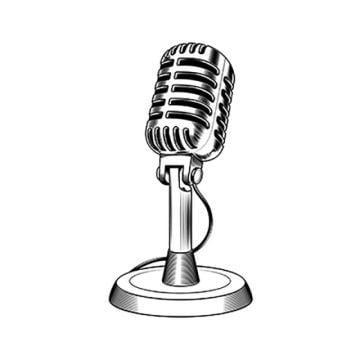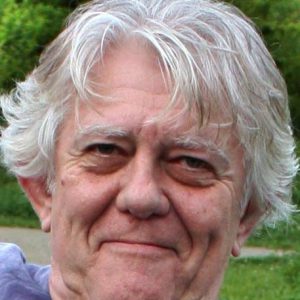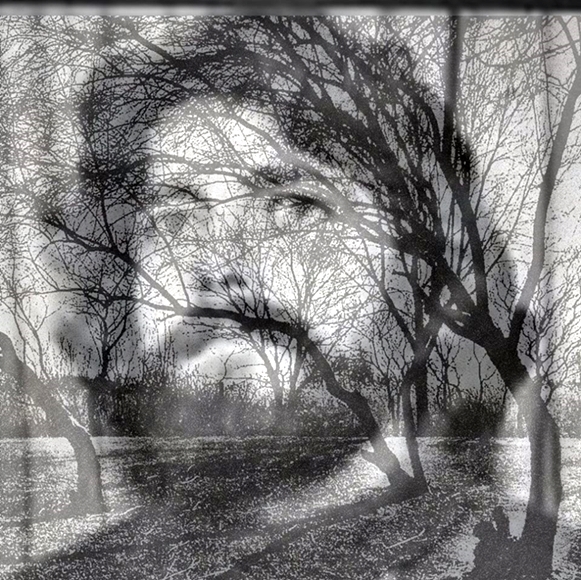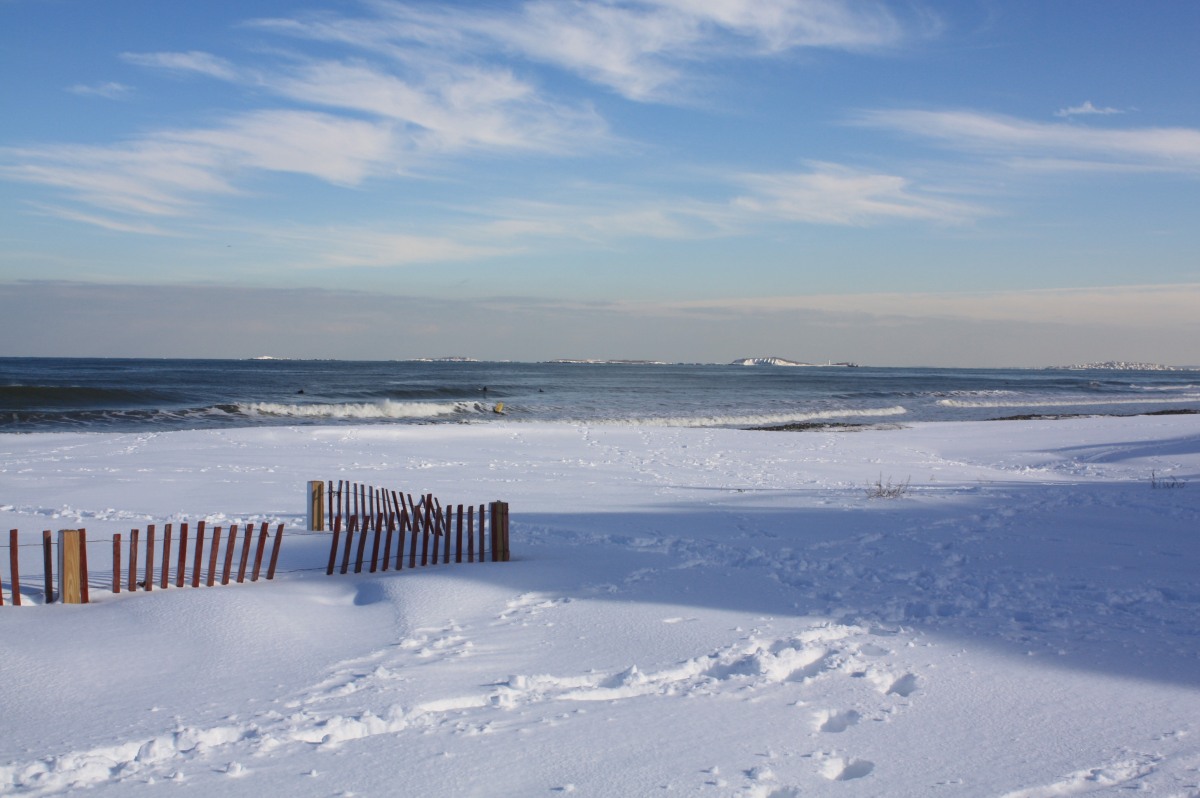The graveyard shift,
Or so some call it.
A place where
The dead are laid to rest.
With other undesirables.
In radio
And other lonely places
Time passes slowly.
Midnight creeps to 1, then 2
Then to 6 a.m.
It’s where people drift
When there’s no place left to go.
For me, it was my voice, my opinions,
And my music that was my shovel.
Losing myself in thoughts
Alone in the middle of the night.
Ideas and music flowed like wine.
And I lost all track of time.
Then the phone would ring.
Oh no, not a ring!
You can’t have things ringing
In the On-Air studio.
A red flashing light,
Endlessly flashing, flashing, flashing.
Becoming a silent scream
Refusing to be ignored.
Answer me,
Answer me, answer me.
Phone call,
Phone call.
And many flashes later
I answer.
The voice said
“My name is Midnight.
Would you play a song for me?”
A wonderful world happens after Midnight.
Lonely and creative hearts come out to play
No longer hushed by the glare of an unforgiving day.
So do the strange
and the deranged.
A cross-section of life begins to drift
In and out
On the graveyard shift.
The musicians finishing up their gigs.
Dropping by
Because
Where do you go after 2 a.m.
When there is no place to go but home
And home is no place to go.
We had that in common,
The night people
And I,
As we tried to
Be glad to be alone
When all we wanted was to cry.
Sometimes it worked.
Midnight was neither a lonely heart
Nor a musician.
Just a night soul on a quest for tomorrow’s meaning
And yesterday’s reasons.
A late-night spirit who came to listen
Not just to the show
But to the lonely gravedigger.
And then Midnight would listen more
More from this lonely
Drifting vagabond
Wandering through town.
Both the ringmaster
And the clown.
Through so many passages
In my life, Midnight came to listen
Again, and then again.
Helping me through the
The dark dances of a searching soul
The journey of one growing old.
Dreading the dimming of the light.
Cursing the flickering flame
Fading in the middle of a winter’s night.
And many years later
Midnight came and cared again.
I guess I never really let Midnight know
How much they helped to make my life
A possible dream
Keeping me from going too far adrift
there on the graveyard shift.
It’s time I let you know
You gave my life a special glow
Pushing time along.
Your memory travels where I go.
Thank you for all that could have been.
And for what was.
Lost in the glow of life’s footlight.
Now dimming.
Goodnight, Midnight, goodnight.





Leave a comment